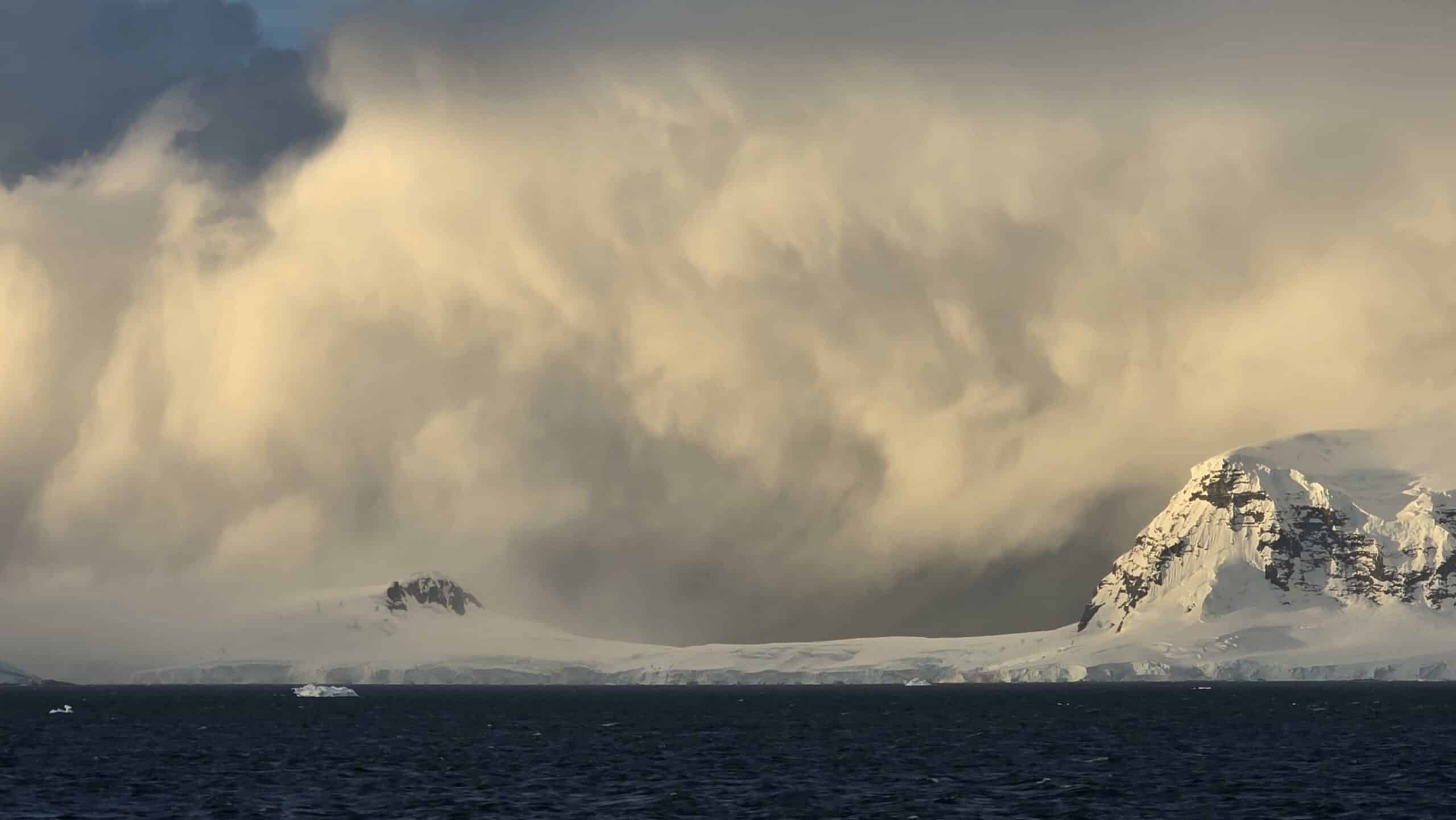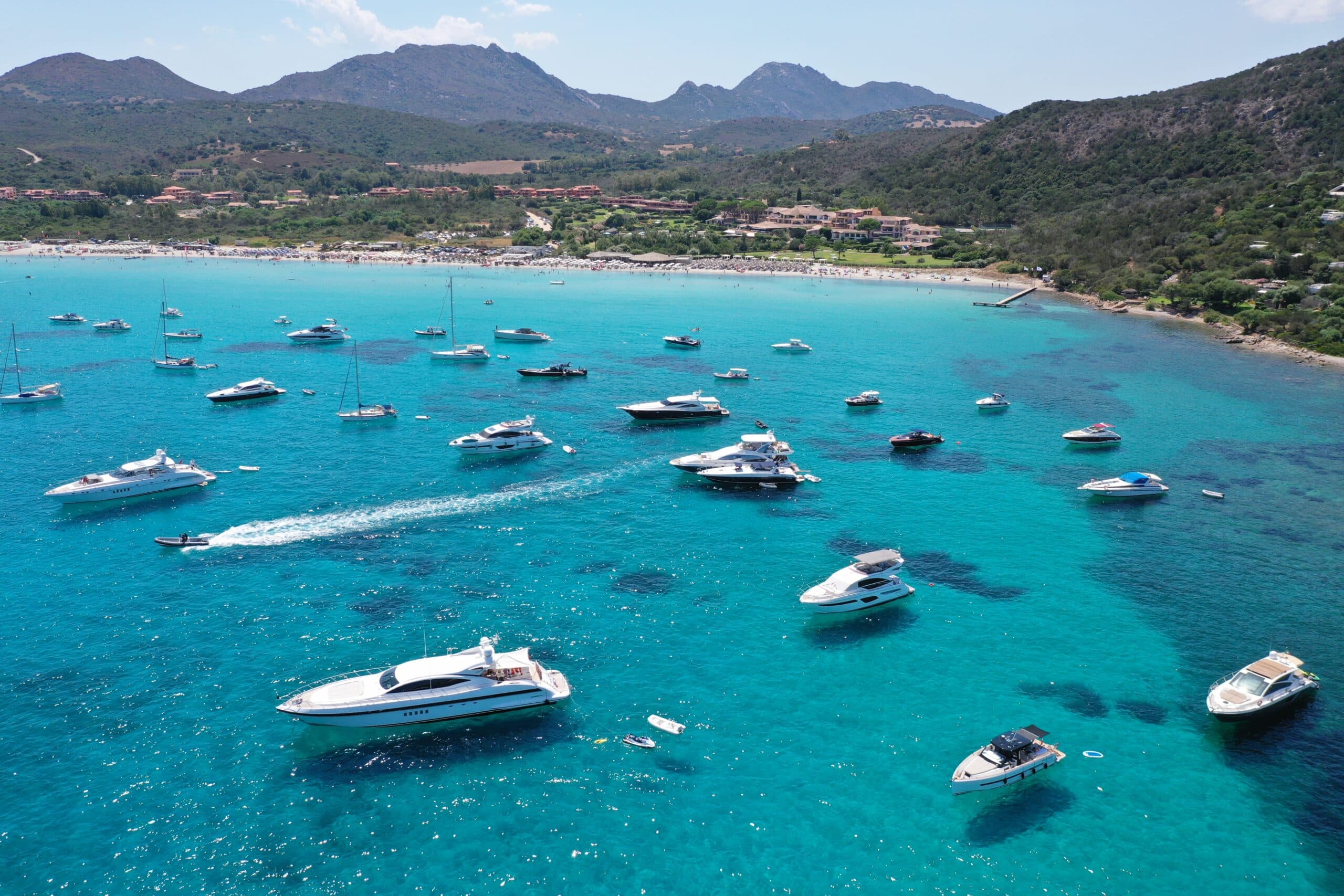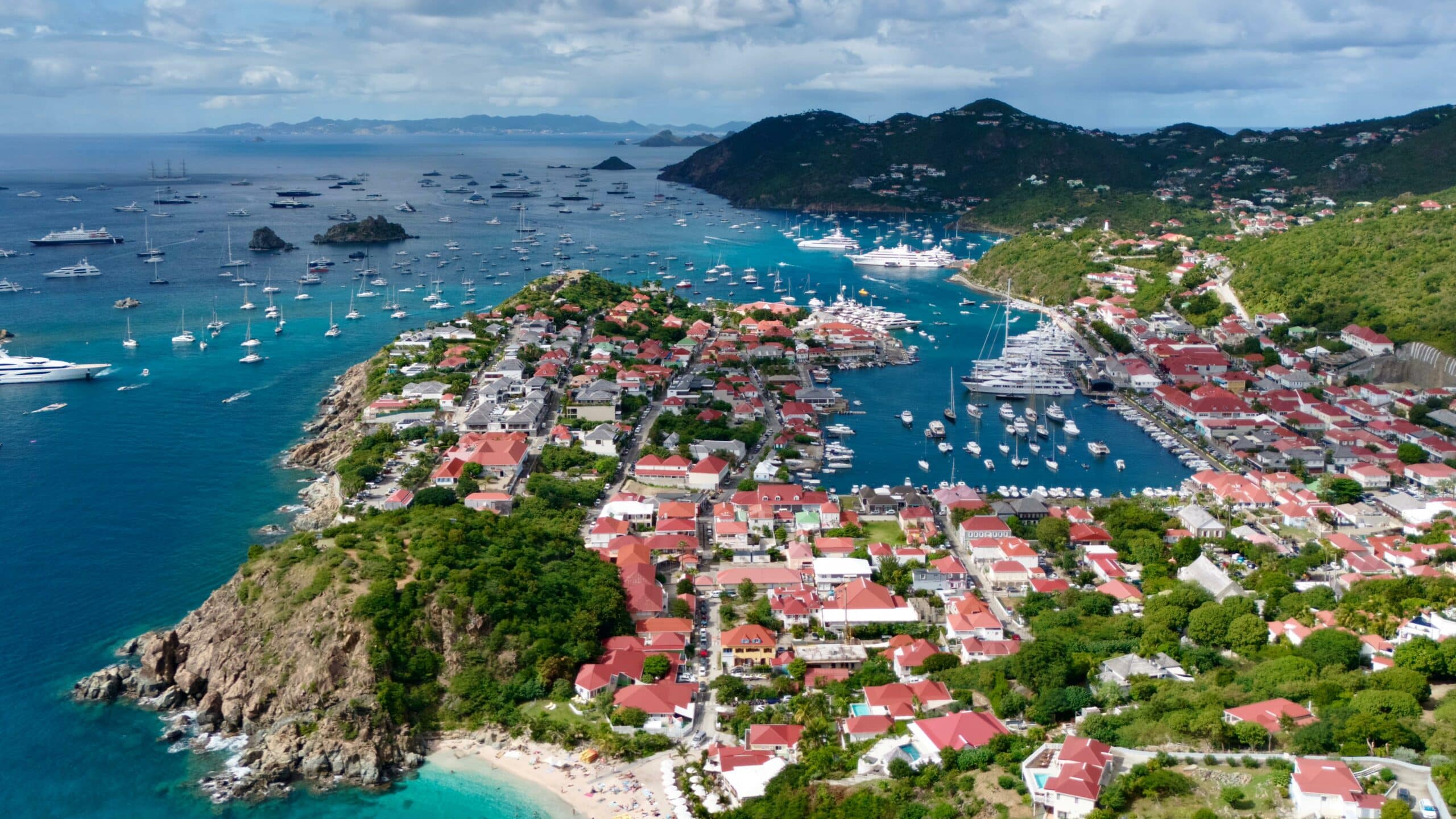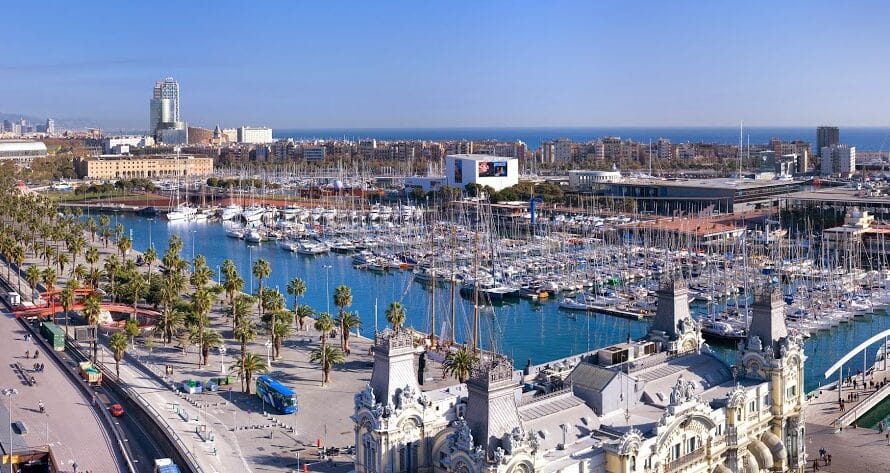Anchoring sustainability: The role of coastal communities in preserving marine ecosystems
Monaco, OCTOBER 31st 2025
Coastal communities play a critical role in the preservation of our oceans, serving as stewards of coastal ecosystems. Many coastal communities have long-standing traditions of managing local natural resources and are often the first to observe the impacts of environmental degradation. Today, these communities are at the centre of conservation efforts that aim to protect biodiversity, sustain livelihoods, and support a more responsible approach to marine tourism and yachting.
A healthy marine environment is also essential to local economies. Coastal communities rely on marine industries such as fishing and tourism for income, food security, and employment. Coastal and marine tourism accounts for approximately half of global tourism activity, generating an estimated US $4.6 trillion annually, or 5.2 percent of global GDP.
At the same time, the growth of marine tourism, including superyachting, has increased pressure on coastal habitats. Coral reefs are among the most economically valuable ecosystems, drawing more than 350 million visitors per year and generating over US $36 billion in tourism revenue. Yet many of these reefs face rapid degradation due to human-induced climate change and pollution.
Recognising the key role coastal communities play in protecting marine environments, the WWF’s Coastal Communities Initiative has partnered with over 1,000 local communities worldwide to scale up community-led conservation. These efforts show that with the right support, local stakeholders can improve outcomes for people and ecosystems.
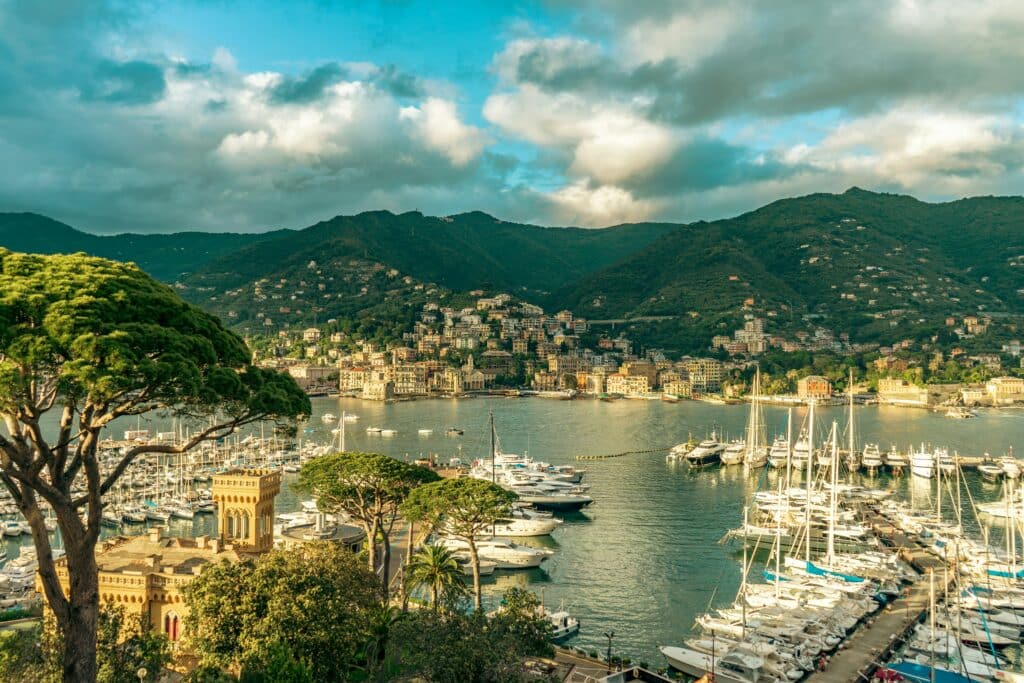
Sustainable tourism success stories
Many coastal communities have successfully demonstrated how marine conservation and tourism can work in tandem to protect ecosystems and strengthen local economies.
In the Palawan Islands, the introduction of visitor caps and the reinvestment of tourism revenue into reef protection have helped sustain vibrant marine biodiversity while generating stable employment for the local population. This approach has established Palawan as a destination known not only for its natural beauty but also for responsible tourism management.
In the Maldives, the Coral Guardian Project provides an example of how community-led restoration can drive environmental and economic gains. Since its launch in 2018, the initiative has brought together fishers, resort staff, and marine biologists to restore damaged reef areas. To date, reef have been rehabilitated through coral nurseries and transplantation, and more than 50 local residents have been trained in restoration techniques.
The programme also involves tourists directly in conservation activities, offering guided reef restoration experiences that build awareness and support. In this model, tourism revenue supports ecosystem recovery and creates new employment pathways, especially in areas that previously relied solely on fishing.
Such initiatives offer valuable lessons for eco-destinations, ports, and marinas. They demonstrate how collaboration between local stakeholders and the marine tourism sector can lead to more resilient ecosystems and a more sustainable industry.
The role of Ports and Marinas
While community-led efforts are essential, marine infrastructure also plays a decisive role in preserving coastal ecosystems. Ports and marinas serve as key access points for visiting vessels, including superyachts. Their design, management practices, and facilities significantly influence how sustainable a destination is in practice.
Coastal development often leads to unintended environmental impacts, including water pollution, seagrass damage, and habitat disruption. According to research from Marine Biodiversity, infrastructure expansion in coastal zones alters tidal flows, displaces marine species, and increases the risk of long-term ecological decline.
In response, an increasing number of marinas are adopting greener operational practices. Examples include the installation of shore power connections to reduce engine idling, rainwater harvesting systems, waste separation points, and natural water filtration using shellfish beds. These measures can reduce the environmental footprint of marine traffic, while also improving the destination’s appeal to responsible yacht owners and charterers.
Certification schemes are also helping to establish common standards. The European Boating Industry’s Guide to Sustainability in Marinas provides clear criteria for waste management, energy use, and ecosystem protection. The Ports Propres (Clean Harbours) certification was recognised as ISO 18725 in June 2024, and awards certification to marinas and ports that implement comprehensive environmental management practices, including pollution control, waste handling, staff training, and stakeholder awareness programmes. By working toward these benchmarks, marinas can demonstrate commitment to sustainability and influence positive behaviour among visiting vessels.
One leading example of a sustainable Marina is the Karpaz Gate Marina in Cyprus, which has invested in solar power, advanced wastewater systems, biodiversity protection rules, and partnerships with the local community. We recently showcased Port of Antibes, another example of a marina which is actively driving sustainable practices. These initiatives not only reduce environmental impact but also strengthen the marina’s operational resilience and long-term appeal.
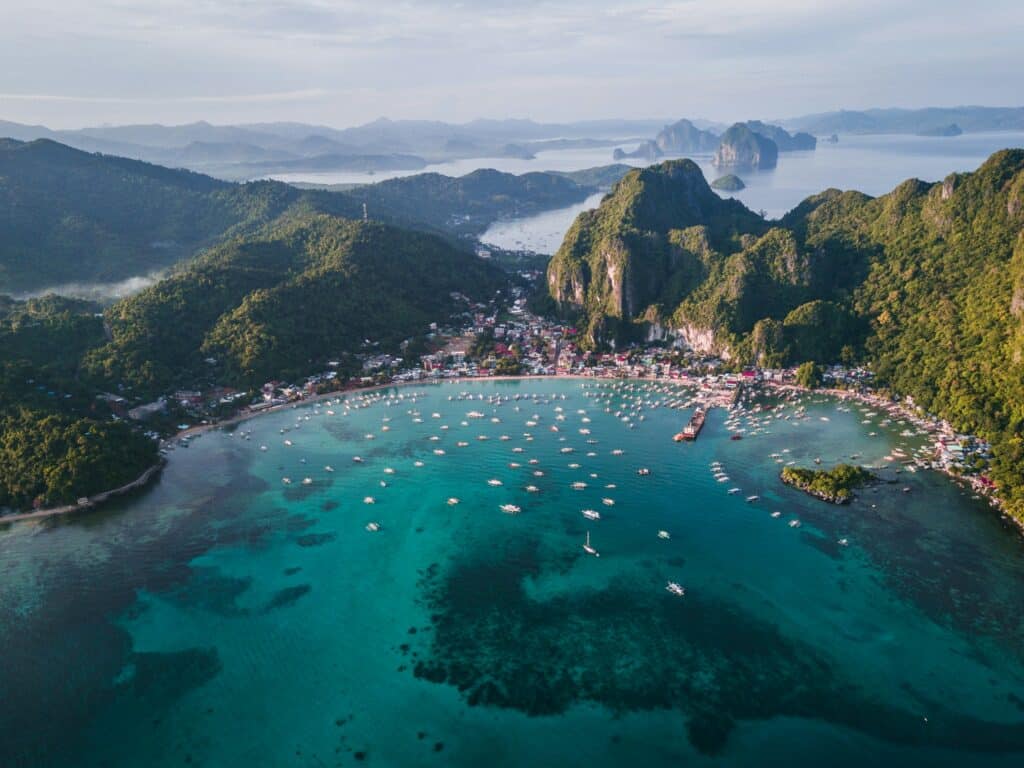
How SEA Index Supports Eco-Destinations
At SEA Index, we believe ports and marinas are key players in protecting coastal communities and accelerating the transition to more sustainable yachting. Ports and marinas from across the Mediterranean and beyond are working with SEA Index to promote a more responsible era in yachting by encouraging and rewarding visiting yacht owners who take steps to reduce their environmental impact.
Those who join the SEA Index network demonstrate a commitment to environmental stewardship and set an example as eco-destinations.
Get in touch if you would like to learn more about collaboration opportunities and speak to our team.
Sources:
- https://coastalcommunityledconservation.org/
- https://oceanpanel.org/wp-content/uploads/2022/06/22_REP_HLP-Tourism_v6.pdf
- https://www.marinebiodiversity.ca/how-cultural-heritage-shapes-marine-conservation-success-stories/
- https://www.marinebiodiversity.ca/save-our-seas-critical-marine-species-on-the-brink-and-how-we-can-help/
- https://www.coralguardian.org/en/
- https://www.marinebiodiversity.ca/marine-cities-are-transforming-our-oceans-the-true-cost-of-coastal-development/
- https://www.seagoinggreen.org/blog/2021/10/21/how-marinas-and-ports-are-going-green
- https://europeanboatingindustry.eu/images/Introduction%20to%20Sustainability%20in%20Marinas/Introduction-to-Sustainability-in-Marinas—2nd-Edition.pdf
- https://www.yachting-pages.com/articles/the-benefits-of-selecting-a-sustainable-marina.html
- https://www.yachting-pages.com/articles/the-benefits-of-selecting-a-sustainable-marina.html
Related Articles
Rethinking Latitude: Climate Signals and the Future Geography of Yachting
Rethinking Latitude: Climate Signals and the Future Geography of Yachting Monaco, february 6th 2026...
SEA Index® Welcomes Marina di Olbia Yachting Services Srl to Its Mediterranean Network
SEA Index® Welcomes Marina di Olbia Yachting Services Srl to Its Mediterranean Network Monaco,...
SEA Index® Expands to the Caribbean with Port de Gustavia Membership
SEA Index® Expands to the Caribbean with Port de Gustavia Membership Monaco, DECEMBER 2nd...
